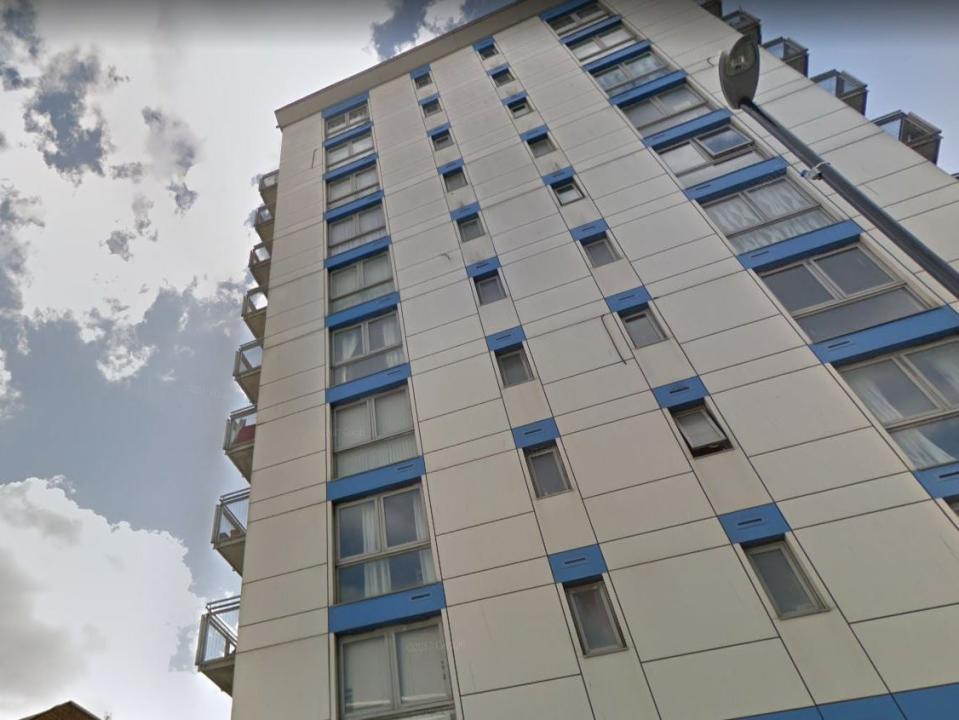MPs vote to make leaseholders pay to fix Grenfell-style fire safety defects

Leaseholders have already been forced to hand over thousands of pounds for interim costs
Hundreds of thousands of blameless leaseholders face being forced to pay to fix fire safety defects after MPs voted down an amendment that would have offered protection from crippling costs.
A House of Lords amendment to the Fire Safety Bill would have ensured that leaseholders in unsellable and potentially dangerous flats would not foot the bill for replacing cladding and fixing other defects exposed in the four years since the Grenfell Tower tragedy.
Thirty-one Tory MPs rebelled against the government’s approach to the deepening scandal, with former party leader Sir Iain Duncan Smith joining the dissenting group.
But it was not enough to back the Lords amendment, which was defeated by 320 votes to 256. The bill will now go back to the Lords, which is expected to vote in favour of an amendment again.
Christopher Pincher, the housing minister, said that the proposed changes might unduly burden the taxpayer and would further delay the process of remediation.
Liam Spender, a lawyer who lives in a flat with fire safety defects, said there was “little legal substance” to Mr Pincher’s speech.
“This is a political choice for the government – if it makes that choice it can remove any legal obstacle,” Mr Spender said.
“I think it’s inevitable the taxpayer will have to provide cashflow whilst the government works out how to make industry pay.”
Leaseholders have already been forced to hand over thousands of pounds for interim costs such as security patrols, fire alarms and rising insurance premiums. They may face a wait of years before blocks can be fixed due to a shortage of the skills required to carry out the work and a lack of a UK-wide assessment of which blocks should be prioritised.
Some leaseholders have considered declaring themselves bankrupt while others have sold their homes at a significant loss in order to escape bills that they cannot afford. The Bank of England is now investigating whether the huge number of unsellable flats could derail the housing market and trigger another financial crisis.
In a Commons debate on Tuesday, members from all parties criticised the government’s failure to sort out the problem.
Conservative MP Liam Fox tabled a separate amendment which would have ensured that the government pays to make buildings safe and then seeks to recover money from the parties responsible for substandard construction work under a “polluter pays” principle.
Mr Fox said: “We have to find a way forward. We cannot continue this stale ping pong between the two houses of parliament, we need an actual plan.”
The fact that leaseholders may have to forfeit their homes if they can’t pay “unjust” cladding costs was “abhorrent”, he said.
Voting in favour of the amendment, fellow Conservative MP Royston Smith said: “The longer this debate goes on the more damaging it becomes for the government and the worse it becomes for innocent leaseholders.”
Sarah Jones, Labour’s shadow policing and fire service minister, accused the government of a “betrayal” of repeated promises by ministers that leaseholders would not pay to replace combustible cladding.
So far the government has announced £5.1bn of funding but the estimated costs have spiralled to £15bn with leaseholders picking up most of the £10bn shortfall despite not being at fault.
The funding only covers cladding, not a litany of other fire safety problems that have been uncovered.
Under current plans, leaseholders in blocks that are six storeys or lower will be forced to take out long-term loans that risk drastically devaluing their homes.
Leaseholders have few legal options. They often cannot recover money from developers even if building regulations were not complied with at the time of construction.
Stevenage MP Stephen McPartland, who has also tabled an amendment to the Fire Safety Bill to protect leaseholders from remediation costs, said: “Our request is simple: implement Grenfell recommendations, make homes safe and protect leaseholders from financial ruin.”
He added: “Homes have to be made safe. This is a basic human right.”
Read More
Waitrose creates up to 400 jobs with new Deliveroo deal
Why has Boris Johnson’s Brexit deal caused UK milk and cream exports to plunge?
How to make sure your money is not funding the climate crisis

 Yahoo Finance
Yahoo Finance 